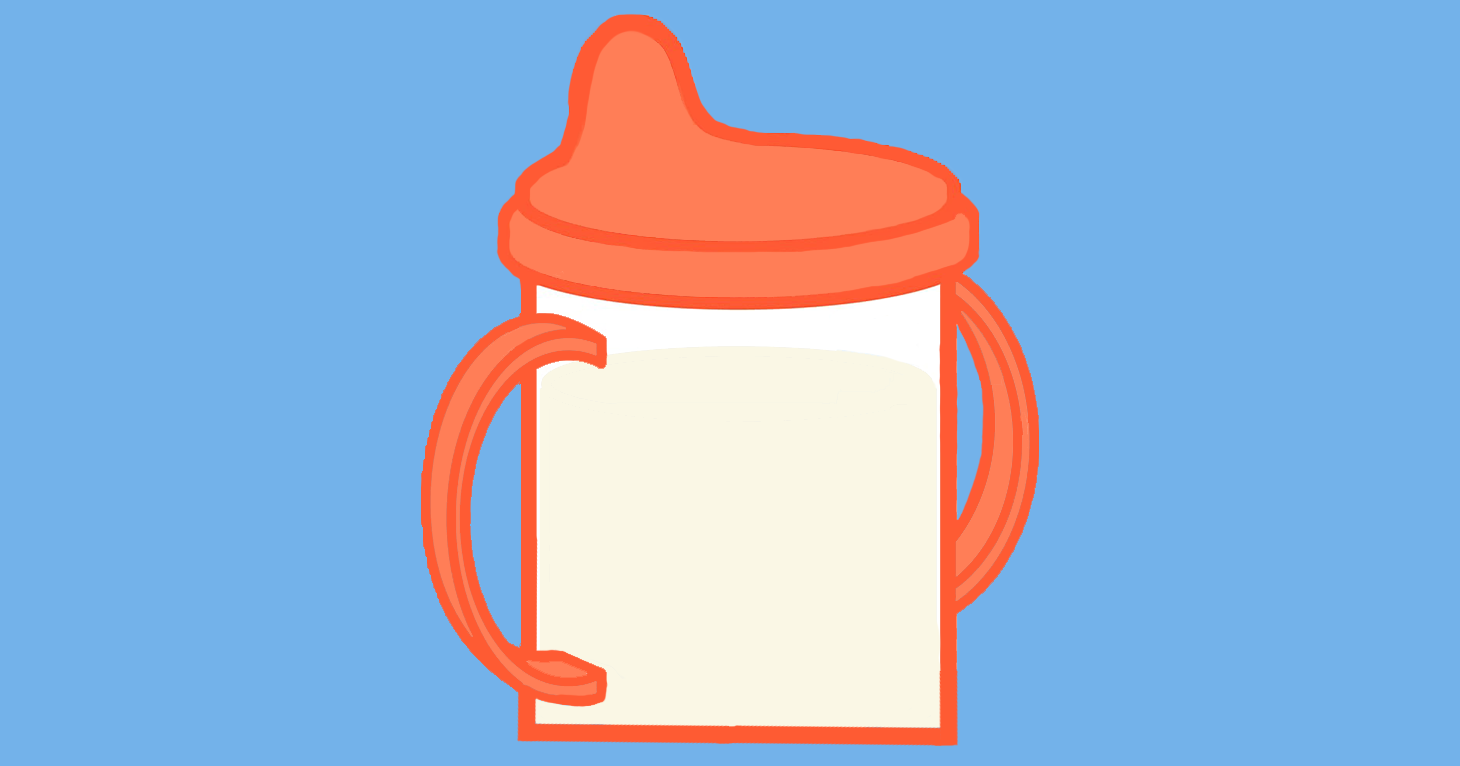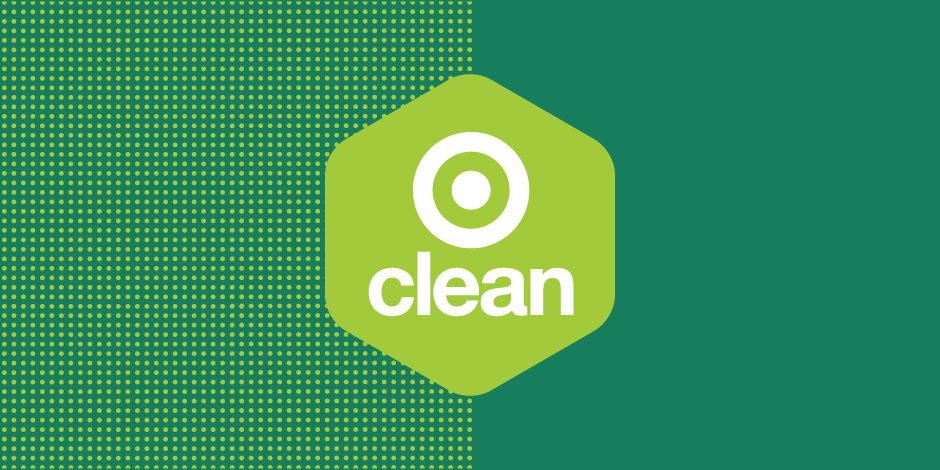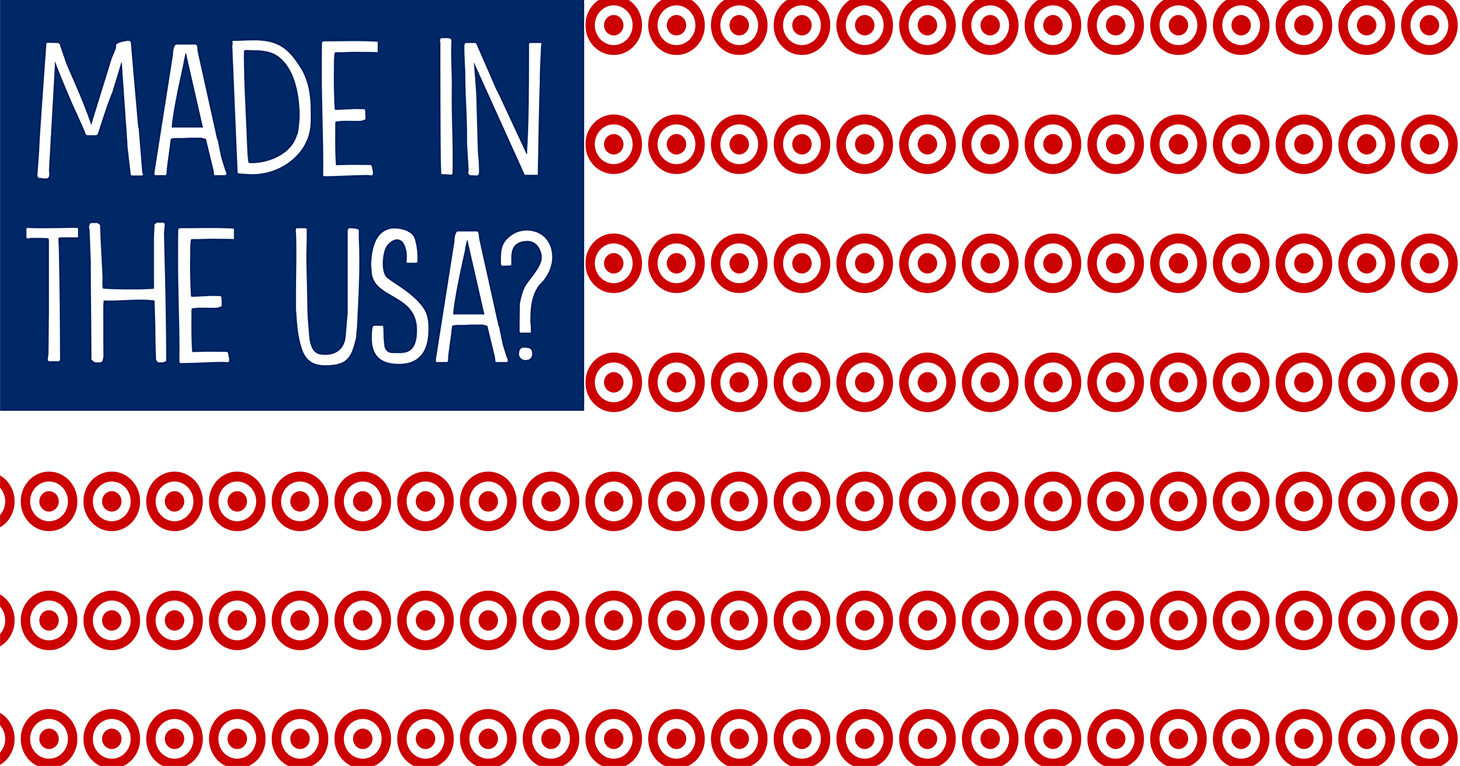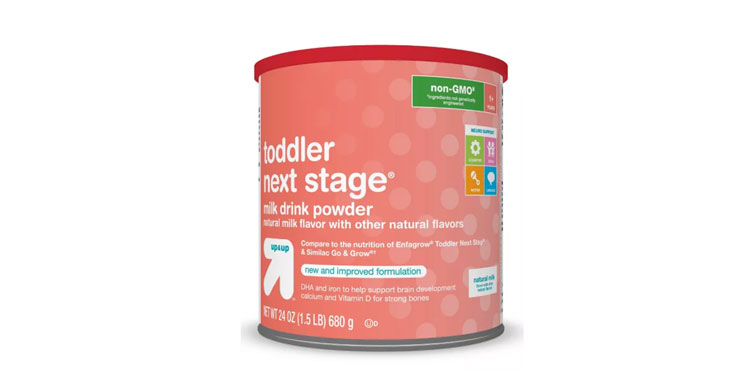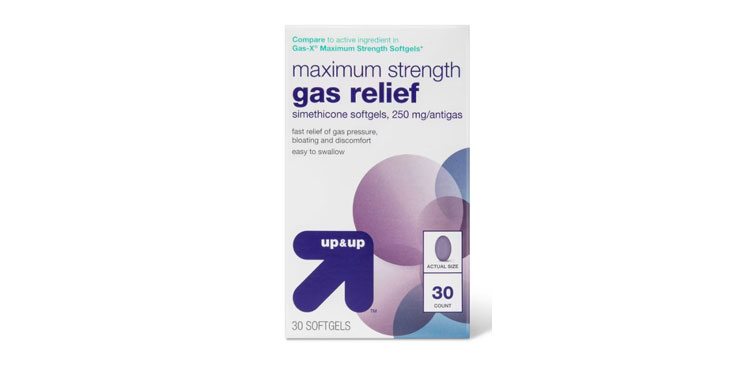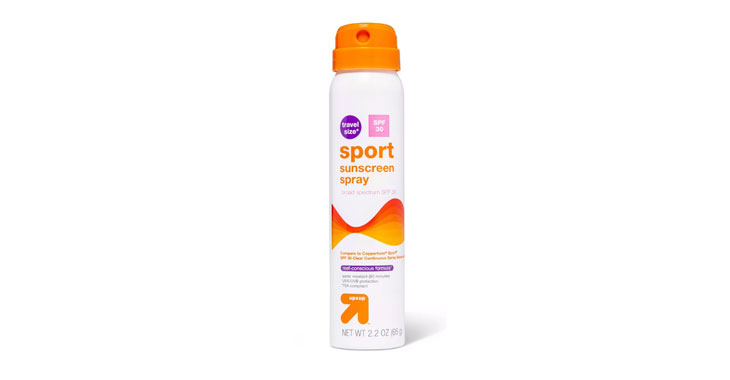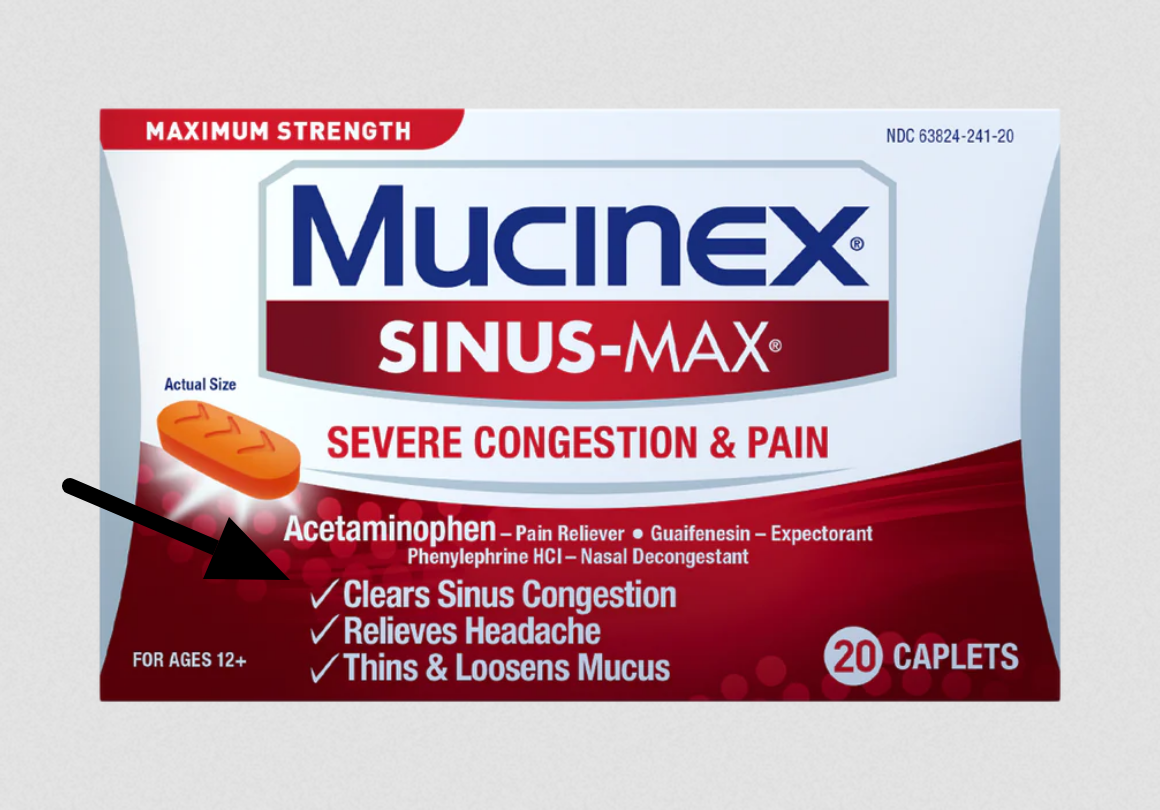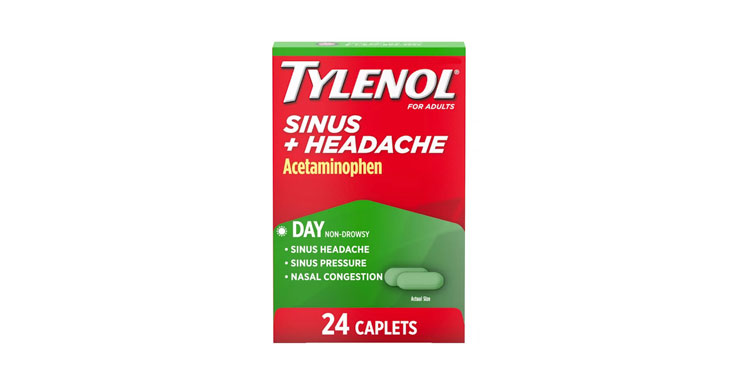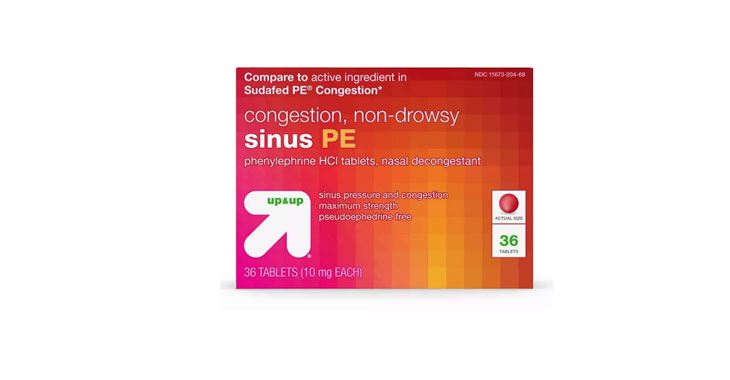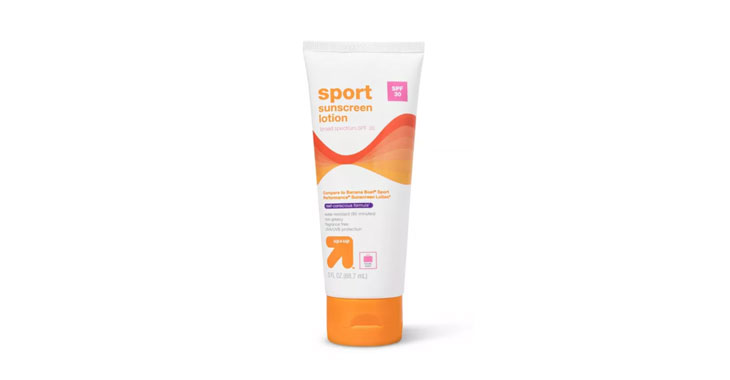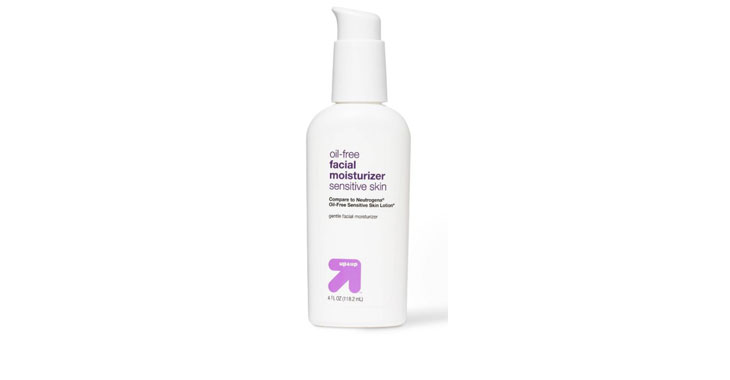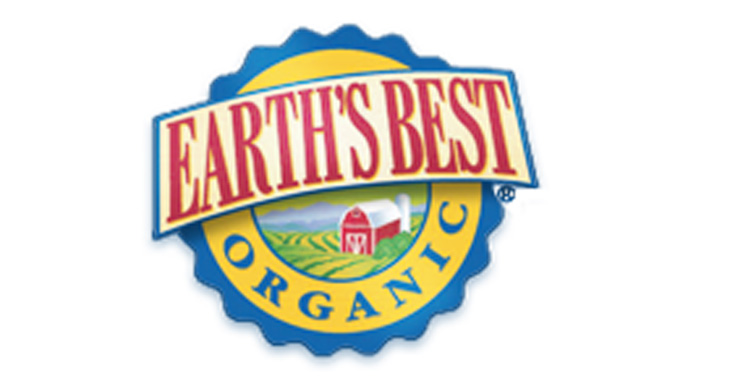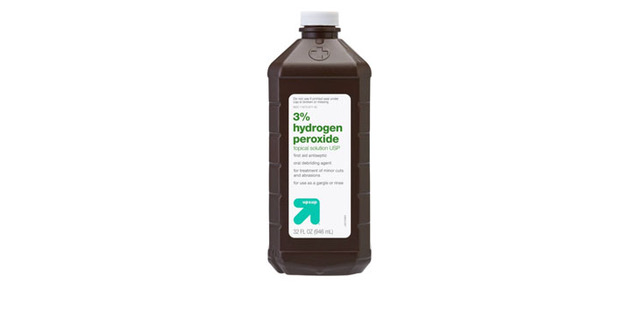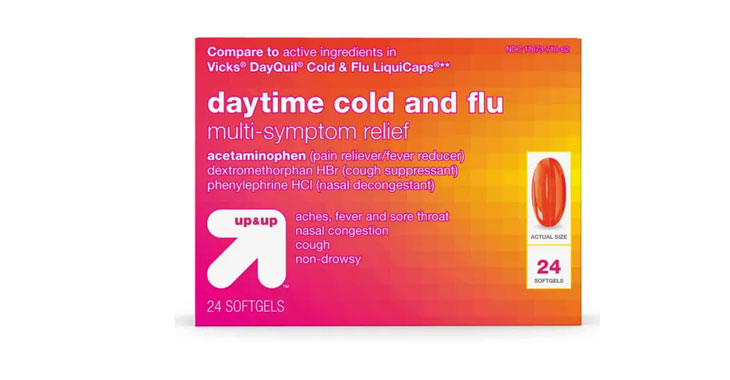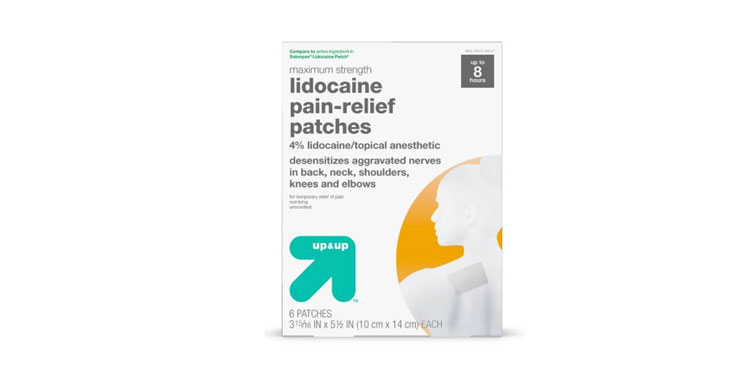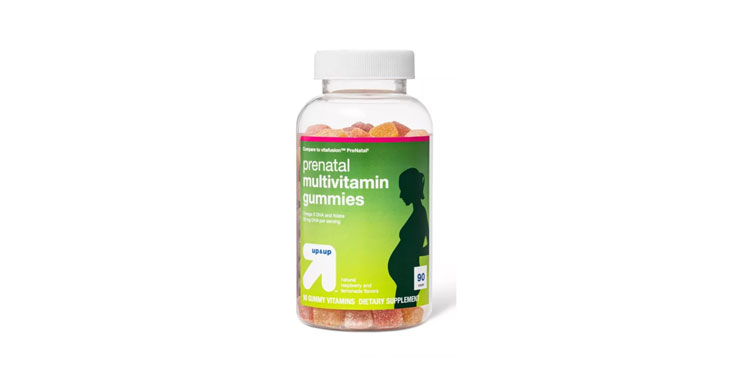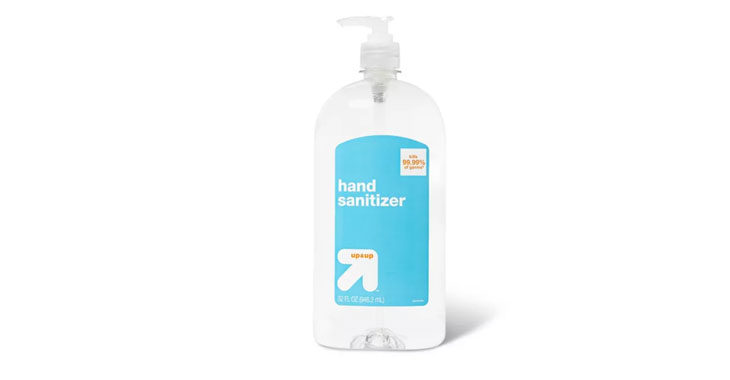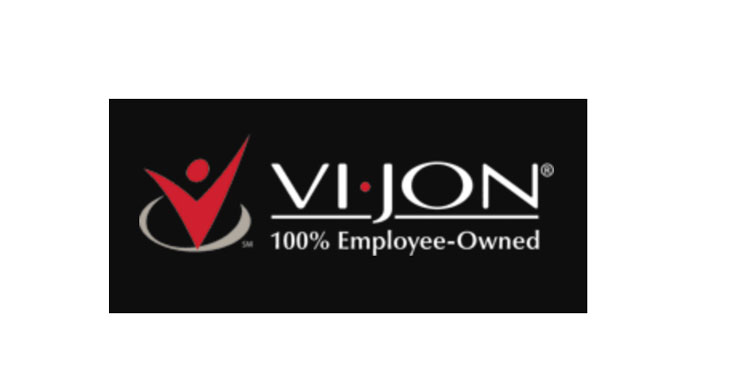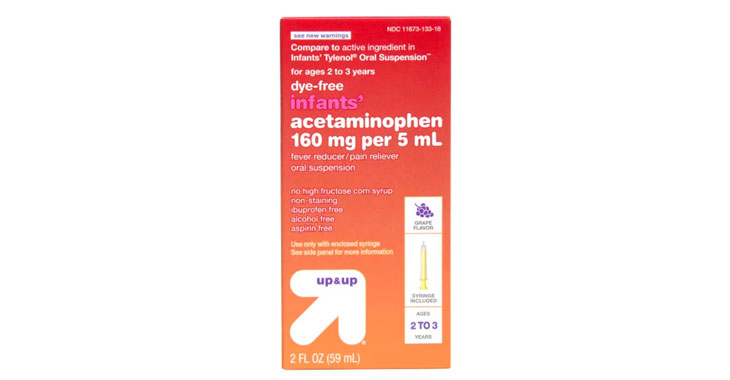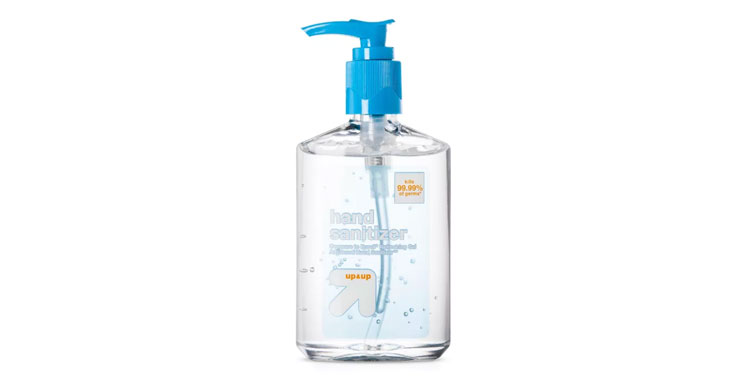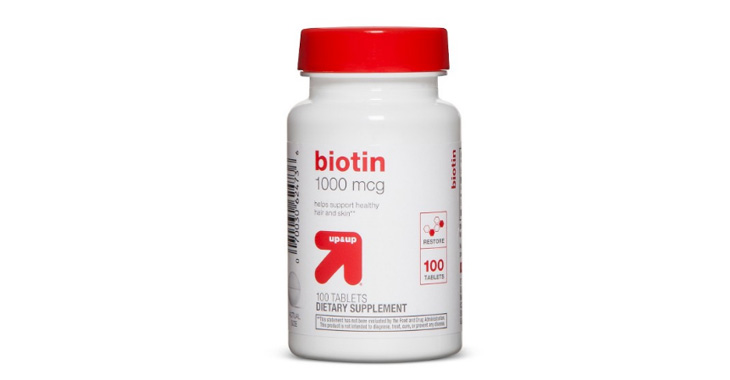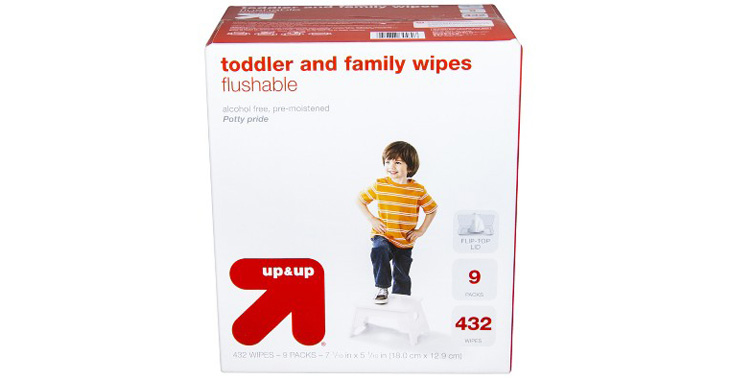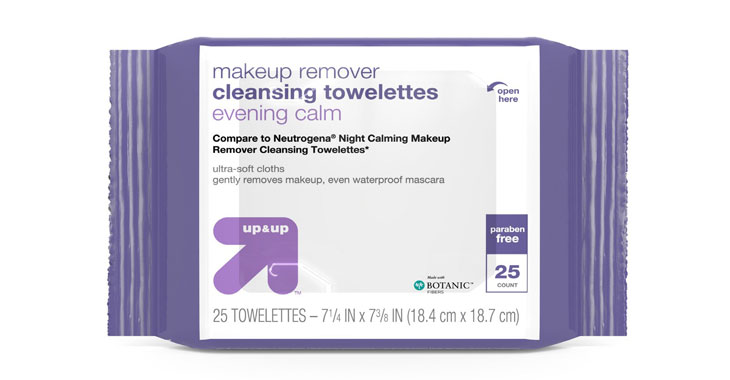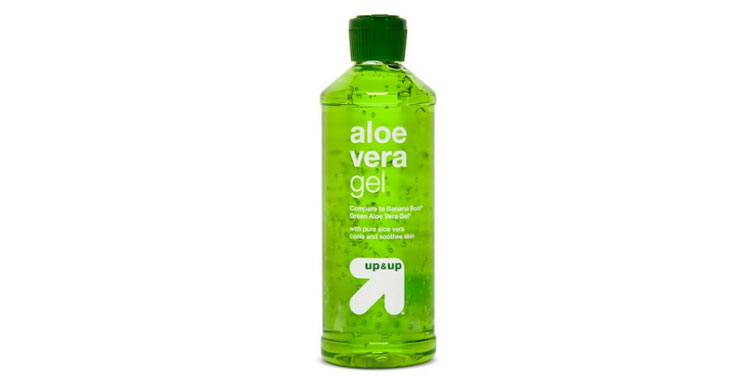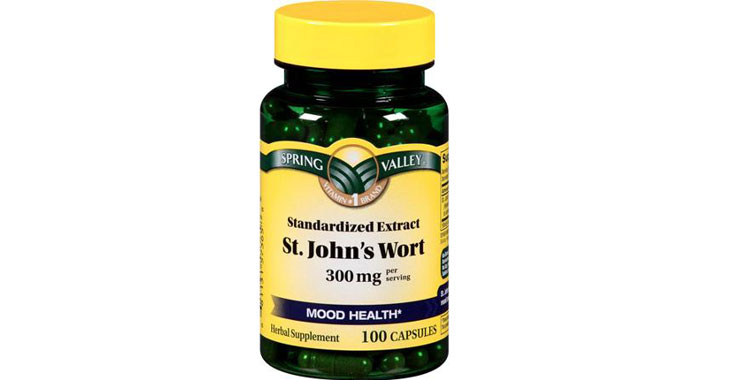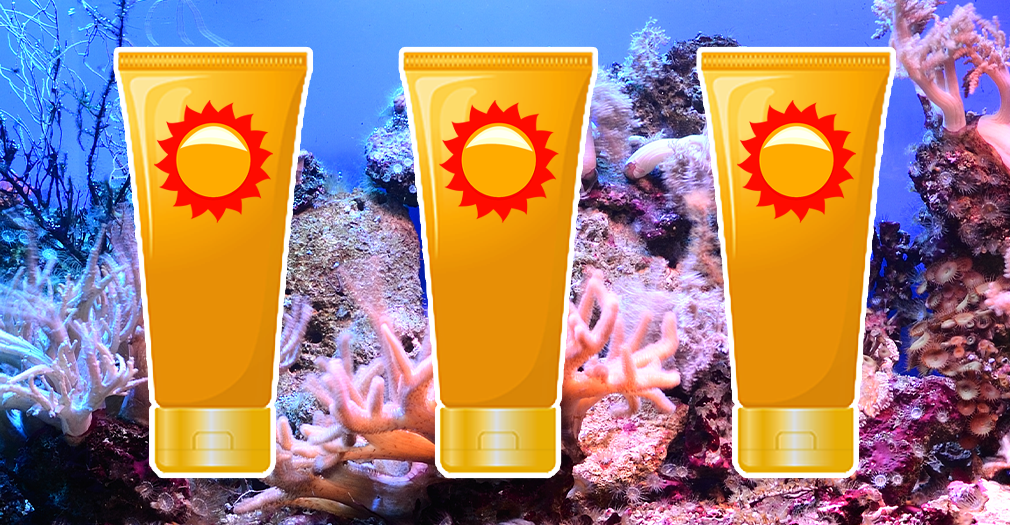
CATrends: ‘Reef Friendly’ or ‘Reef Conscious’ Sunscreens
Lawsuits allege products contain ingredients harmful to coral reefs and marine life.
Lawsuits allege products contain ingredients harmful to coral reefs and marine life.
It’s the perfect formula for a class-action lawsuit trend.
The bottom line: Only FDA-approved drugs can be marketed to prevent disease.
The dirt on beauty and personal care products marketed as “clean.”
TINA.org probe finds widespread examples of false and deceptive “Made in the USA” product representations.
Allegations: Falsely marketing that products contain a “reef-conscious formula”
Allegations: Falsely marketing products as “nutritionally appropriate” for children older than 12 months
Allegations: Falsely marketing products as “maximum strength” when other similar products contain more simethicone
Allegations: Misleadingly representing that products were safe when they contained, or were at risk of containing, the carcinogen benzene
Allegations: Falsely marketing that products provide a one-year supply of diaper bags and holds up to 2,176 diapers
Allegations: Failing to disclose that products contain harmful synthetic chemicals known as PFAS
Allegations: Falsely marketing that sunscreens have a “reef-conscious formula”
Allegations: Falsely marketing medicines as “Non-Drowsy” when they contain an ingredient that causes drowsiness
Allegations: Failing to disclose that products were contaminated with a dangerous bacterium
Allegations: Falsely marketing that medicines treat nasal congestion
Allegations: Falsely marketing that medicines treat nasal congestion
Allegations: Falsely marketing that medicines treat congestion
Allegations: Falsely marketing sunscreens as having a “reef-conscious formula” when they contain ingredients that are harmful to coral reefs and marine life
Allegations: False “oil-free” claims
Allegations: Products make fewer bottles of formula than advertised
Allegations: Falsely marketing products as treatments for minor cuts and abrasions
Allegations: Marketing the product as a safe pain reliever for pregnant women without warning consumers that scientific evidence shows prenatal exposure to it increases the risk of neurodevelopmental disorders in…
Allegations: Misleadingly marketing medicines as “non-drowsy” when an ingredient in them causes drowsiness
Allegations: Misleadingly marketing the dosage of lidocaine and number of hours of pain relief provided by the patches
Allegations: Failing to disclose prenatal vitamins contain heavy metals
Allegations: Falsely claiming products “kill[] 99.99% of germs” when there is no scientific evidence to support such claims
